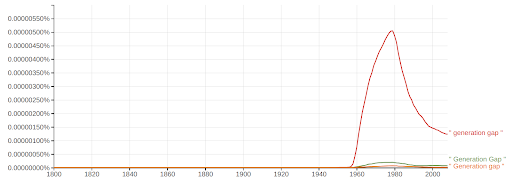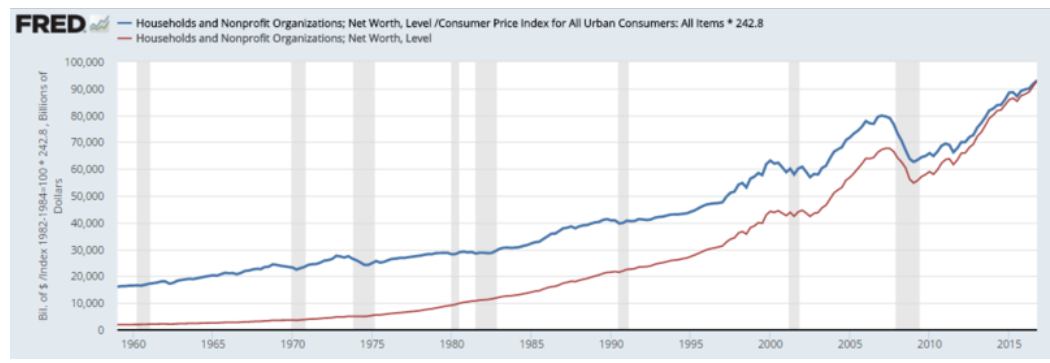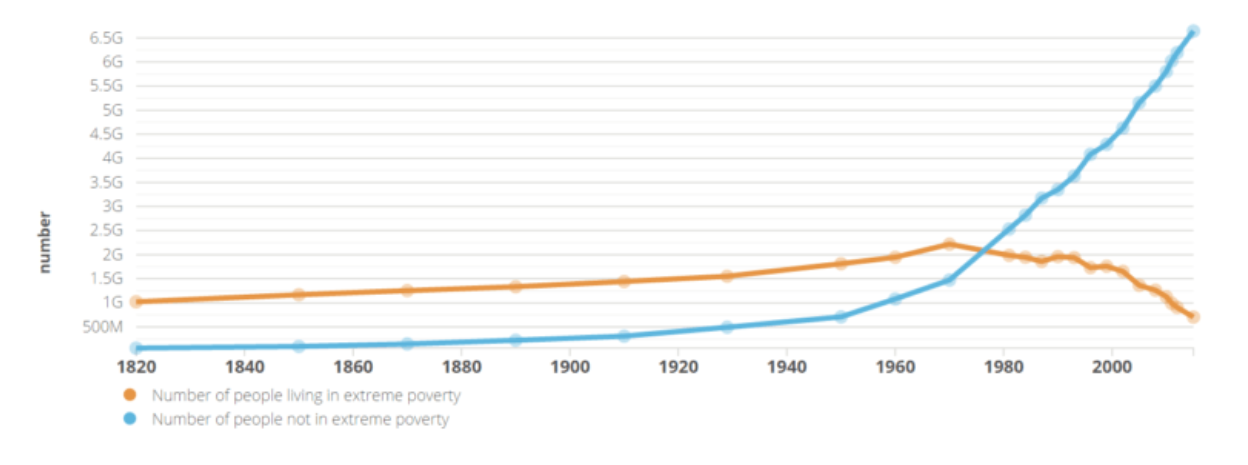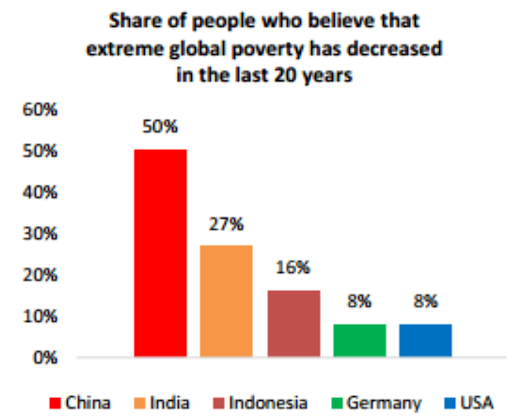|
By Jim Dunning
[WARNING: The perspective I present here is not carved in the granite of my brain — this is what we in the high school debate world (as opposed to the presidential debate world) call a Constructive, meant to prompt responses intended to transform my opinion. That means “Write back! This is a dialogue.”]
Not too long ago, one of my students told me her life’s aspiration is to fix what my generation did to the world. I asked what she believed needed fixing: “You know, the environment, poverty, poor health care, hunger, crime-especially-gun-violence, discrimination, and inequality. All the stuff you created.” I asked how that all was my generation’s doing, and she said because we have made it worse. Admirably, unlike us Baby Boomers, she wants to leave the world better than she found it.
There’s irony in that I probably have to explain my meaning of “generation gap” to the demographic that substantiates the current reality — a fitting punishment for incipient senescence. Google Ngram neatly marks the term’s entry into the world and paints its decline to today’s virtual obscurity.
Although the term was born just a handful of years after my birth, the concept has been around since the idea of “teenager” has been around. That is, ever since adolescents transcended from being primarily a resource to a marketing demographic. I chuckle—wearily now—when I hear my contemporaries complain/lament/rail/bitch about the moral decline of today’s youth because they don’t seem to ever consider how much they sound like their parents.
Of course, this creates the Generation Gap, with opposing sides pointing fingers, invective, and sometimes guns at each other. For me, it was parents complaining about my generation’s music, politics, entitlement, sense of entitlement, clothes, sexuality and sex, drugs and sex, etc. Our complaints back at them were about the environment, discrimination, inequality, poverty, violence, politics, and hunger — all pretty much summarized with “Never trust anyone over 30!” and a determination to leave the world better than we found it. In fact, this Generational Gap finger-pointing has been going on for centuries.
Based on my own experience (and past belief system(s)), I can understand why my student blames me for her pessimistic perception of the world—after all, I did that once. My generation’s short-term memory is unsurprising since it’s so pervasive, but still frustrating; I almost think, given the thousands of years of its history, that criticism of the next generation must serve some evolutionary biological purpose; what it is, I haven’t figured out.
Thus, I am not shocked at my student’s assessment and goals. But I am bewildered — primarily because of the enormous amount of historical and contemporary information available to Millennials in the form of entertainment, news, and scholarly works. A Millennial's “Thoughts from a hipster coffee shop…” recently served up this indictment of her peers-- “I’m sitting in a small coffee shop near Nokomis trying to think of what to write about. I scroll through my newsfeed on my phone looking at the latest headlines of Democratic candidates calling for policies to ‘fix’ the so-called injustices of capitalism. I put my phone down and continue to look around. I see people talking freely, working on their MacBooks, ordering food they get in an instant, seeing cars go by outside, and it dawned on me. We live in the most privileged time in the most prosperous nation and we’ve become completely blind to it.”
This brings me to my question for the Far Side of the Generation Gap. Not only do we have—literally—at our fingertips the greatest trove of information ever available to any human, but, as we look out the Starbuck’s window, what is it that we see that makes so many of us fervently believe the world is worse off than it was yesterday or last week or last year or 30 or 50 years ago?
Do we live in the “most privileged time” ever?
Not to say that the world is perfect (it definitely is not), but, personally, I can easily recall that my family never got strawberries in December in snowy Western New York when I was a kid — metonymic for access to food and every type of consumer good imaginable is unimaginably greater today than it was 50 years ago in this country. Grocery stores looked nothing like what most Americans experience now. In fact, not only does just about everything that was around when I was in high school cost less in dollars, but significantly less in the number of labor hours required to purchase it. And that leaves out all the stuff that wasn’t even thought of then but is quotidian now. Yes, there are social and economic and personal injustices—still!— but today’s “Marches” were bloody riots when I was a kid. During my sophomore year in high school, on average, a bomb went off somewhere in the United States every day! There were armed soldiers on college campuses. My mom had to have my dad’s permission to have her bank issue her a credit card. When I was seven, my dad couldn’t get to his store for a week because race riots had burned out swaths of the city. That stash of information in everyone’s pocket seems to back up my anecdotal evidence. Data shows that income and wealth for everyone has done nothing but increase in the past half-century-- —not only in this country, but the world…
Why?
The current narrative for Millenials is that they are unable to start families and buy houses and big-ticket consumer goods — all because they believe they are the first generation to not do as well as their parents. They all walk around with $1,000 mega-computer-communicators in their pockets, but think the world is devolving into chaos and disaster. Is it really? What does the world look like on your side of the Gap? Comment below!
Also check out TED Talks by Hans Rosling and Matt Ridley.
0 Comments
Leave a Reply. |
Read.Think.Write.Speak.Because no one else Archives
December 2021
Categories
All
|




 RSS Feed
RSS Feed